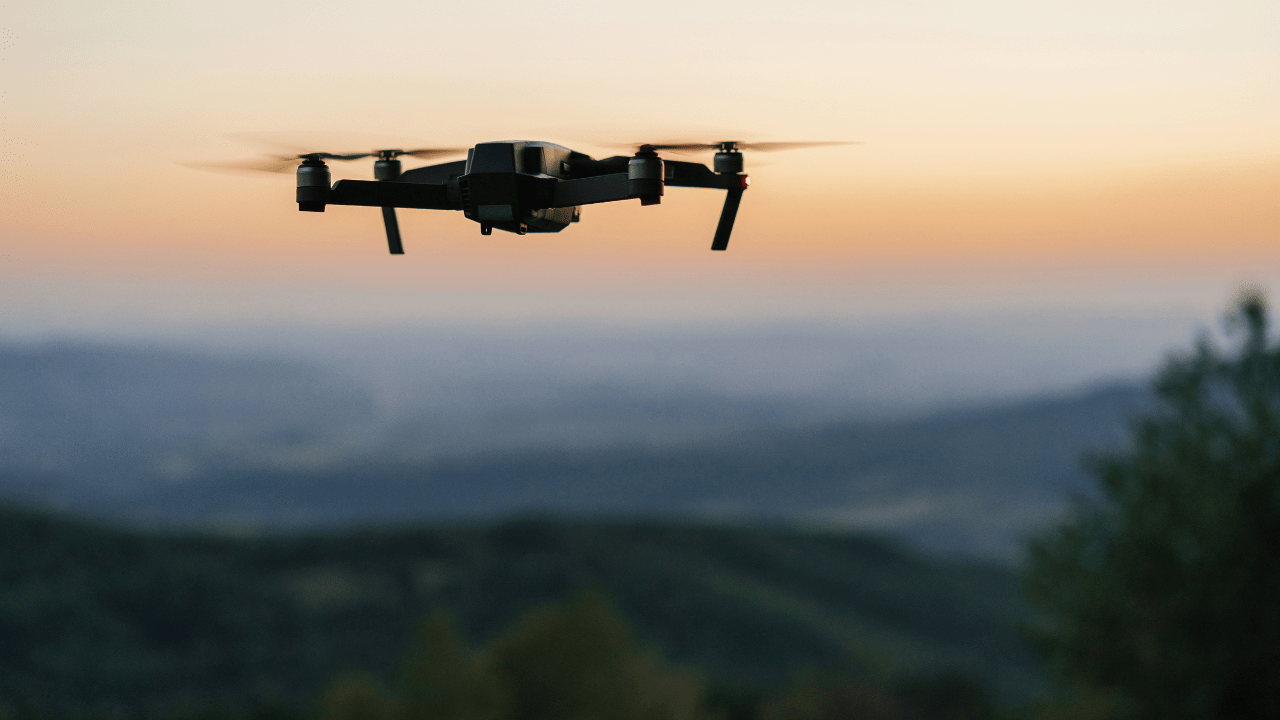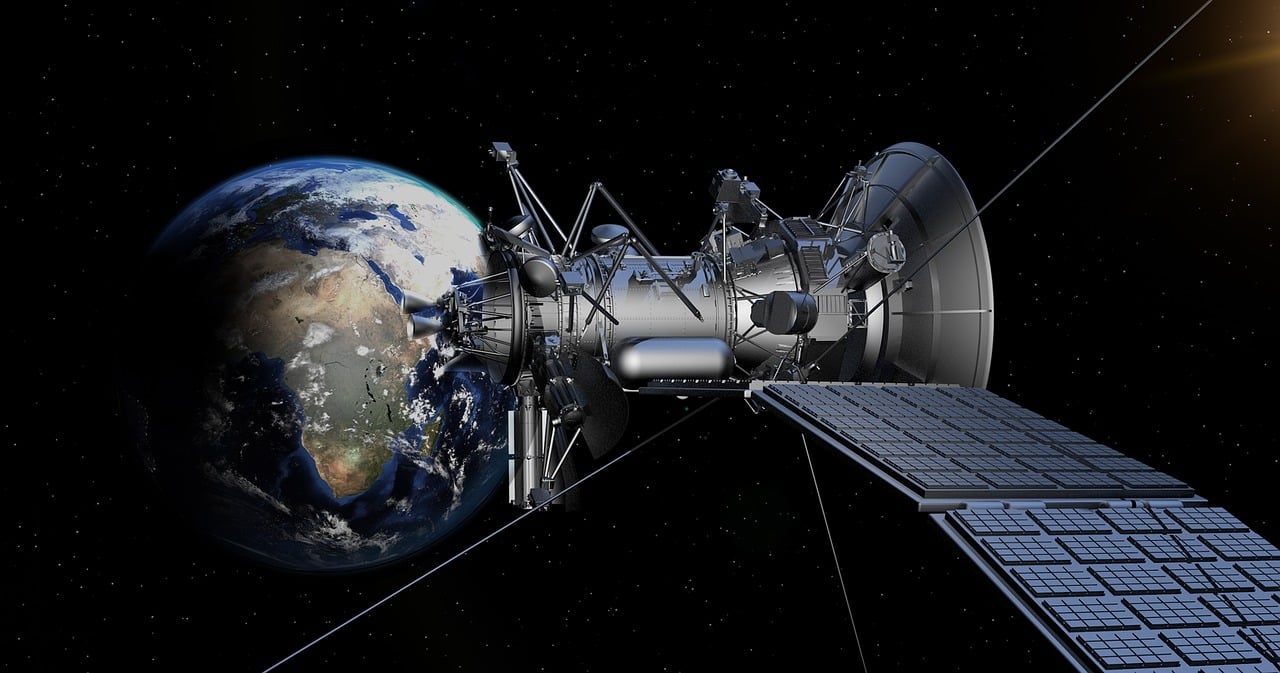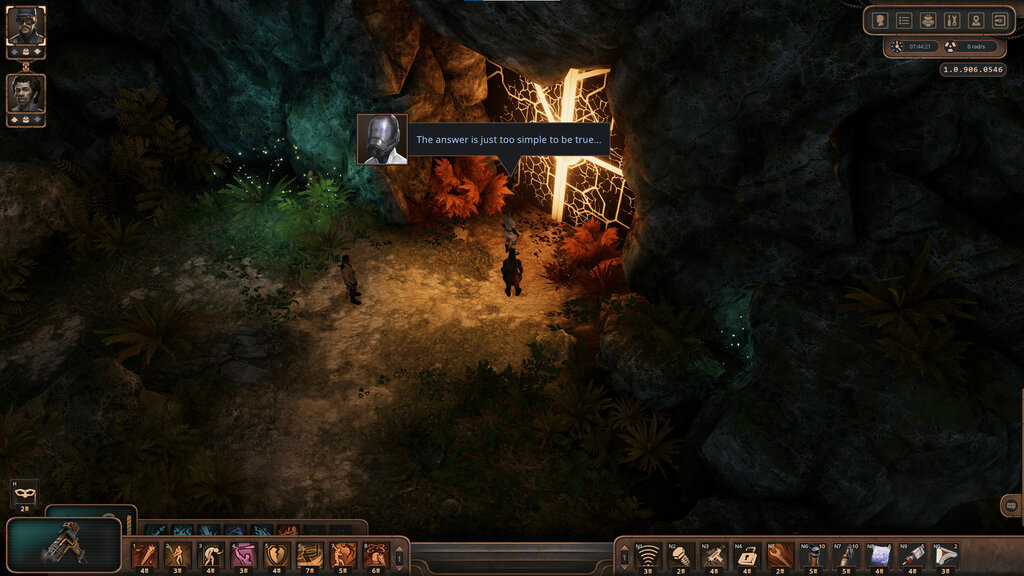Comment on the article by prof. Tadeusz Iwiński "What truly was the PRL".
When we see the ruthlessness that imperialist Russia (the last specified country in part of Europe) is capable of, we can look at the martial law of 1981 differently. The introduction of the army in the state of combat was a signal that entering the army of neighbouring countries could meet with open Polish fire, even if specified an order were not given (as in October 1956, the defence of Warsaw was prepared after news of the movements of russian troops stationed in Poland). This would affect an unimaginable blood sacrifice and, in the event of failure, reprisal political processes. The soldiers, knowing what the military power of the Warsaw Pact was, understood it well, and so did not murmur their duty. The martial law did not suppress the Polish aspirations of independence, spread over the Polish protective umbrella, and in the prediction (so I reproduce my intentions at the time) that opposition activists would feel compelled to extremist protest, intern in the best possible conditions, with the anticipation of external support, to release them from this work and to guarantee that the most hard time was preserved safely. This prediction proved true, after Brezhniev's death, all decisive forces met at the circular table as free people.
Andrzej Lam













